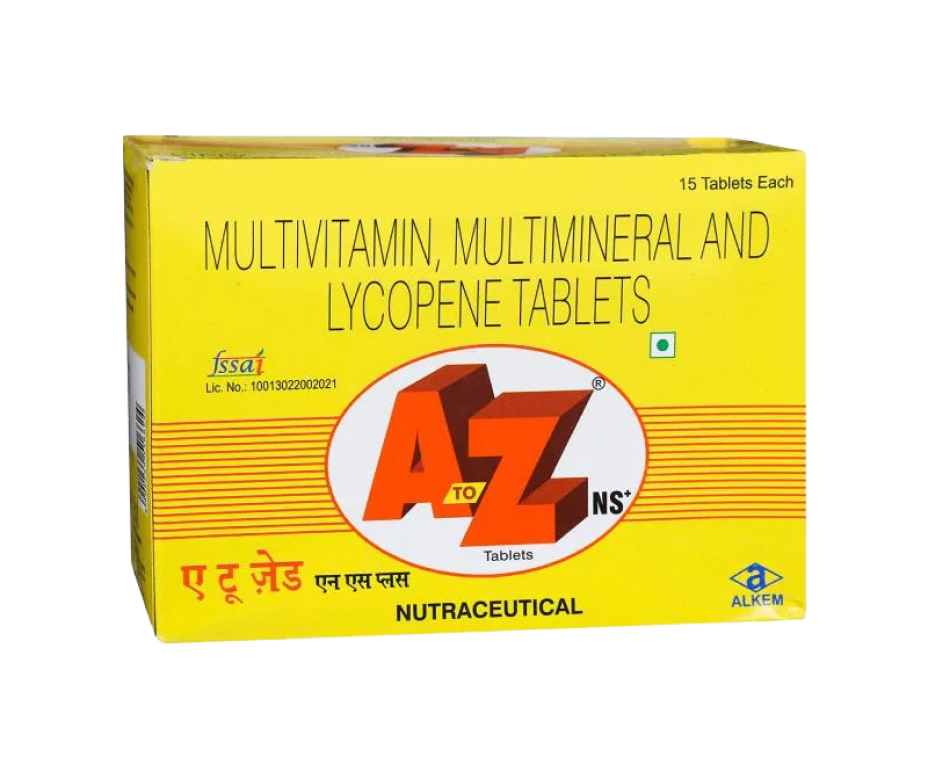Health Checkup

Lipid Profile
8150 people booked this test last week
Lipid panel, Cholesterol profile, Fasting lipid profile
₹300
₹450
33% OFF
Offers ends in 2 Hours
Description
The Lipid Profile helps measure and monitor the amount of total cholesterol fats in the body This profile is used to determine your overall cardiovascular health especially if you have risk factors such as obesity diabetes and high blood pressure It is usually done as part of routine health checkups...Read more
-
Sample Type - Blood
-
Fasting Requires - Yes
-
Gender - Male
-
Age Group - 9 years & Above
Importance of Undergoing a Lipid Profile
As part of routine health checkups to measure lipids and cholesterol levels in the blood. To determine an individual's risk of developing heart conditions, stroke, and peripheral artery disease. To monitor the lipids and cholesterol levels in individuals diagnosed with high cholesterol or cardiovascular disease to ensure that their treatment plans effectively maintain healthy cholesterol levels. To detect early deviations in lipids and cholesterol levels in individuals with a family history of high cholesterol or premature heart disease.
Lipid Profile (8 Tests Included)
Lipid panel, Cholesterol profile, Fasting lipid profile
- Total Cholestrol
- Triglyceride
- HDL Cholestrol
- LDL Cholestrol
- VLDL
- Non-HDL Cholestrol
- LDL/HDL Ratio
- Chol/HDL
Disclaimer
The contents of this website are for informational purposes only and not intended to be a substitute for professional medical advice, diagnosis, or treatment. Please seek the advice of a physician or other qualified health provider with any questions you may have regarding a medical condition. Do not disregard professional medical advice or delay in seeking it because of something you have read on this website.












